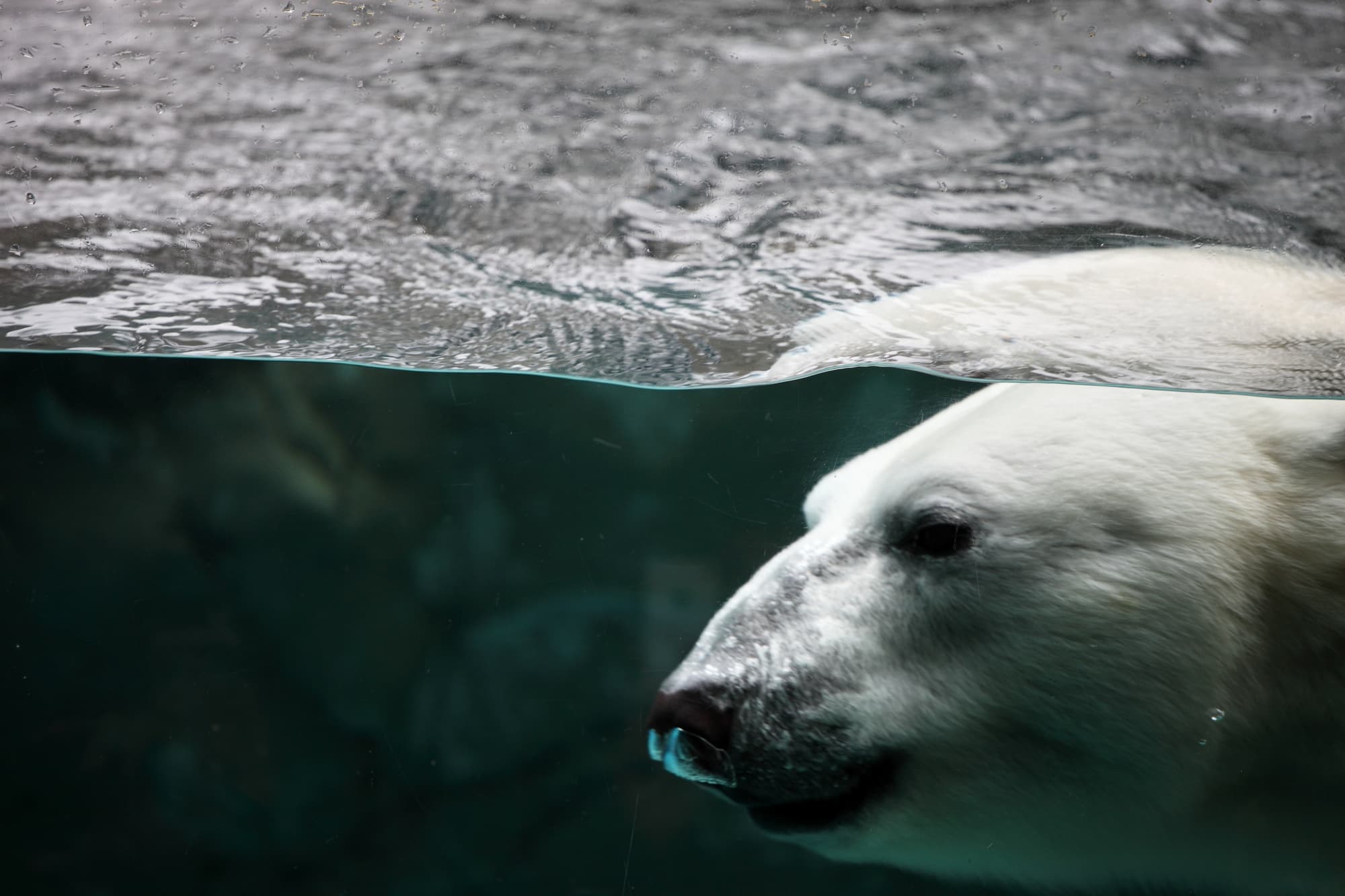
Great Bear Sea
Goal: Establish the world’s first large-scale, ecologically designed and Indigenous-led marine protected area network covering ~30,000 km2 nested within an integrated ecosystem-based management seascape covering ~102,500 km2 and bolstered by durable financing for Indigenous stewardship
Alliance Partnership
The Blue Nature Alliance is partnering with Coast Funds, the world’s first Indigenous-led conservation finance organization. At the invitation of participating First Nations, Coast Funds is working with regional alliances, including Na̲nwak̲olas Council and Coastal First Nations, to develop a conservation finance model that supports long-term stewardship in the Great Bear Sea. Today, Coast Funds serves as a successful model of Indigenous-led conservation finance, demonstrating that First Nations’ leadership and self-determination are key to permanently protecting ecologically and culturally significant places on Earth.
For millennia, the health of British Columbia’s north coast has been inextricably linked to the health of the area’s Indigenous Nations.
Covering ~ 102,000 km2, the Great Bear Sea extends from the top of Vancouver Island to the Canada-Alaska border. One of the richest and most productive cold-water marine ecosystems on Earth, it is home to a rich diversity of marine life that has sustained native communities for generations. Stewarded and cared for by Indigenous Nations for more than 14,000 years, the Great Bear Sea is a source of sustenance, culture, and livelihoods for its communities and for all British Columbians.
A plan to ensure a healthy future for fisheries, marine wildlife, communities, and cultures across the region.
At the Fifth International Marine Protected Areas Congress (IMPAC5) in February 2023, 17 First Nations, the Government of Canada, and the Province of British Columbia announced plans to protect the Great Bear Sea. Informed by Indigenous knowledge and Western science, the plan aims to deliver the world’s first large-scale, eco-regional, and scientifically robust Indigenous-led marine protected area network. When completed, the Marine Protected Area Network will support healthy fisheries, protect and conserve ecosystems, enable sustainable marine economies, improve food security, and increase coastal climate resilience.
The Opportunity
The Blue Nature Alliance is supporting First Nations (through their designated Coast Solutions Task Group) to establish this Marine Protected Area Network covering ~30,000 km2 (~30% of the Great Bear Sea) nested within an integrated seascape covering ~102,500 km2. The Alliance seeks to help to strengthen and build capacity to secure new protected area designations and develop governance agreements and financing deals that lead to improved area management. We will also support efforts to share success stories and learnings, and to inspire advances in collaborative planning and Indigenous-led conservation around the world.
Financing for Durability
In December 2022, the Government of Canada committed $800 million for four Indigenous-led project finance for permeance (PFP) initiatives, including one in the Great Bear Sea. A year later, in December 2023, the provincial government of British Colombia committed an additional $60 million to the Great Bear Sea initiative, further securing the financial future of protections across the region.
Most recently, in June 2024, the Great Bear Sea financing initiative closed with a total of $335 million secured, ensuring access to durable, long-term funding to care for the Great Bear Sea and support sustainable economic development along the coast. Our partner Coast Funds will manage these funds on behalf of the participating First Nations.
“Our Nations have a solid track record proving that Indigenous-led conservation works for nature and for people. Our marine protected area network, together with our collaborative governance agreement and our shared commitment to durable finance, will deliver healthier seas while creating jobs, supporting economic development, and bringing people home to healthier communities.”
– Dallas Smith, President of the Na̲nwak̲olas Council Society

